GUEST BLOGGER DEBORAH LEE ROSE
In PENGUINS READY TO GO, GO, GO! discover how the largest of all penguins do way more than waddle! When they’re not waddling (which is an energy efficient way of walking on snow and ice), how do they leap, sled, dive, make bubble streams, use teamwork, snuggle their chicks, and more? How do these adaptations let them live and raise their young on the Antarctic sea ice and in the polar ocean?
Exploring Emperor penguins’ unique ways of moving enriches STEM understanding (animal adaptations, polar ecosystem), language learning (action words, rhyme), social interaction (penguin teamwork as a model for humans), and concern for the environment (threatened species, climate change).
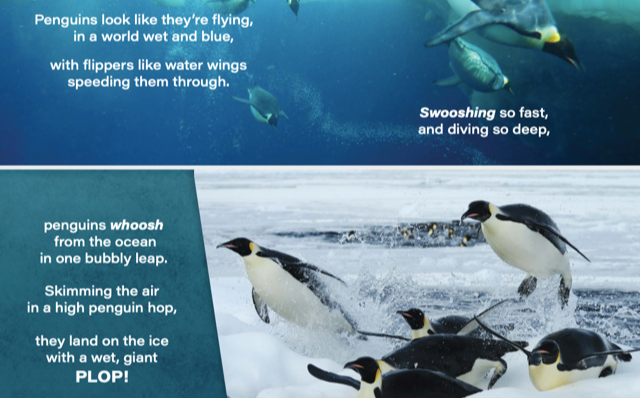
Penguin perambulation
- Read aloud the rhyming portion of PENGUINS READY TO GO, GO, GO! Encourage students to react when they hear action words, maybe by flapping cardboard “wings/flippers” or their arms.
- If your space permits, get students to try waddling, “sledding” on their bellies, or shuffling through a huddle.
- Make a class list or chart of verbs that students heard or read in the book. Which words sounded like the thing they described?
- Using QR codes in the book, share videos that capture Emperor penguin perambulation and other motion. For example, “tobogganing” on their bellies lets penguins move faster, without falling down.
Penguin photo prompts
Photos in the book can prompt both STEM and writing explorations. Many photos in the book, from scientists and explorers in Antarctica, are being published for the first time in a children’s book. They capture Emperor penguins in ways children may never have seen before.
Get students to write a “field report,” or create a poster or video, about what they see in a photograph from the book—and what they think happened just before the photo was taken and after.
This scientist may look like she’s playing, but she’s really keeping penguins from diving into the ocean, until scientists can put tags on them. Tags help measure how long and how deep penguins dive, and how their bodies adapt underwater.
Hands-on, feet-on STEM
An Emperor penguin mother incubates an egg on top of her feet to keep it warm. Before the mother goes hunting in the ocean, the mother and father use their beaks to move the egg onto the father’s feet. The father incubates the egg there until the chick hatches, carries the chick on top of his feet.
What you’ll need (no ice or snow required)
- short plastic shoehorn “beak” for each child to hold with both hands
- model “egg” or roundish toy or ball about 5 inches high
- fabric or paper to look like “ice” and “snow” (optional)
- cardboard and tape/rubber bands to make penguin “feet” (optional)
The challenge: Each “mother” starts with an “egg” on her feet. Then both “parents” use their feet and “beaks” to move the “egg” to the “father’s” feet, without the “egg” touching the “ice.”
Threatened species
Emperor penguins are a threatened species. Climate change—intensified by burning fossil fuels (for cars and heating)—is speeding up melting of sea ice melting, where Emperors live most of the year and raise their chicks. The polar ocean where they feed and spend many months is being polluted by plastics. Though Emperor penguins live far, far away, people can take action to help protect them and their polar ecosystem.
Ask students how they think people can:
- use less fossil fuel
- use less plastic
- clean up the environment.
Resources
- Download this free educational guide to PENGUINS READY TO GO, GO, GO!
- Download the Reading is Fundamental (RIF) Literacy Central activities for use with the book
Featured image credit:”Emperor Penguins of Gould Bay” by Christopher.Michel is licensed under CC BY 2.0.
Deborah Lee Rose has won 5 national STEM children’s book awards and is author of 19 books read and loved around the world. ASTRONAUTS ZOOM! rocketed to the International Space Station with astronauts on Read Across America Day, and travelled 57 million miles in orbit. Astronaut Koichi Wakata read the book aloud on the space station while it travelled 17,500 mph. The readaloud is now a free online video from Story Time From Space. (https://storytimefromspace.com/astronauts-zoom/)
A former senior writer for UC Berkeley’s Lawrence Hall of Science, Deborah’s STEM books also include SCIENTISTS GET DRESSED, BEAUTY AND THE BEAK and SWOOP AND SOAR coauthored with raptor biologist Janie Veltkamp, JIMMY THE JOEY, OCEAN BABIES, and INTO THE A, B, SEA. Her website is wwww.deborahleerose.com.


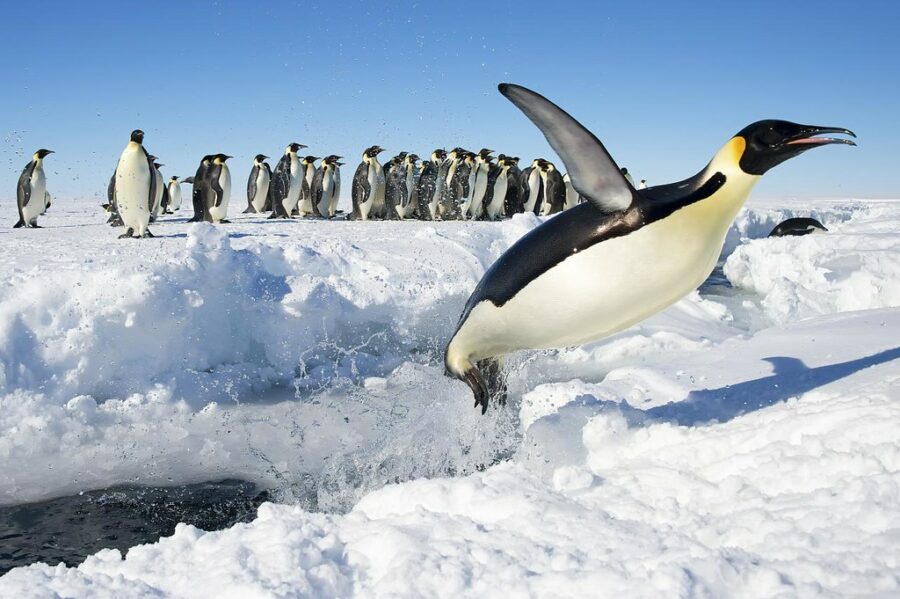

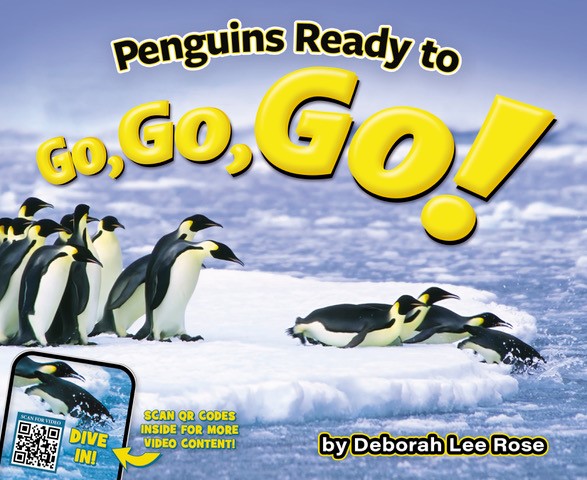
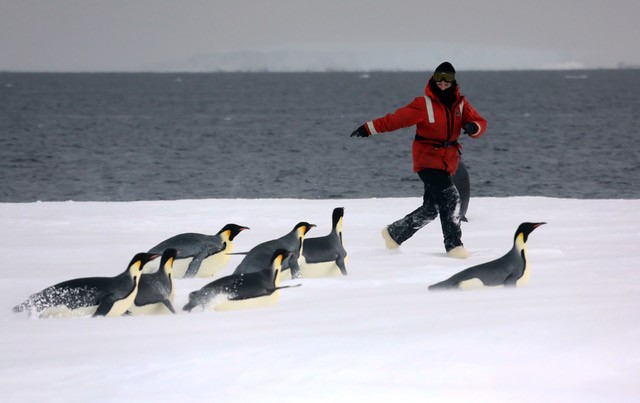

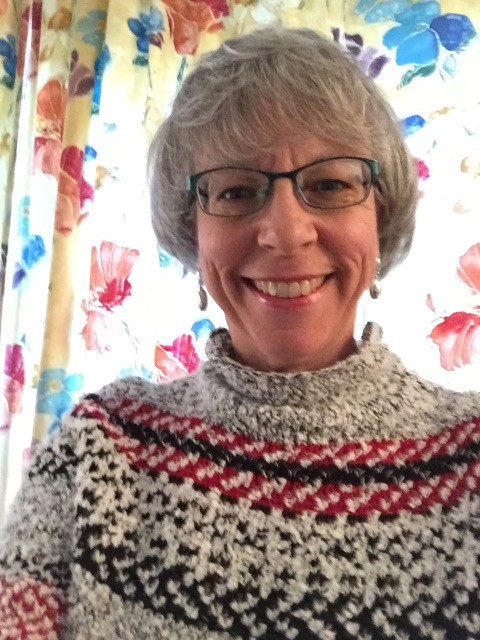

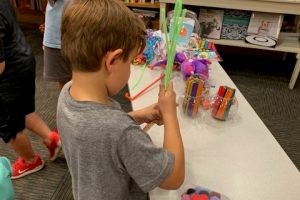
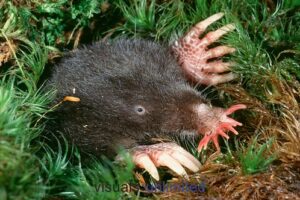

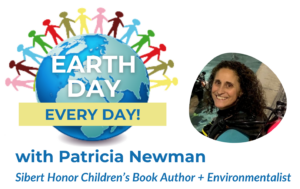
Leave a Reply
Your email is safe with me.